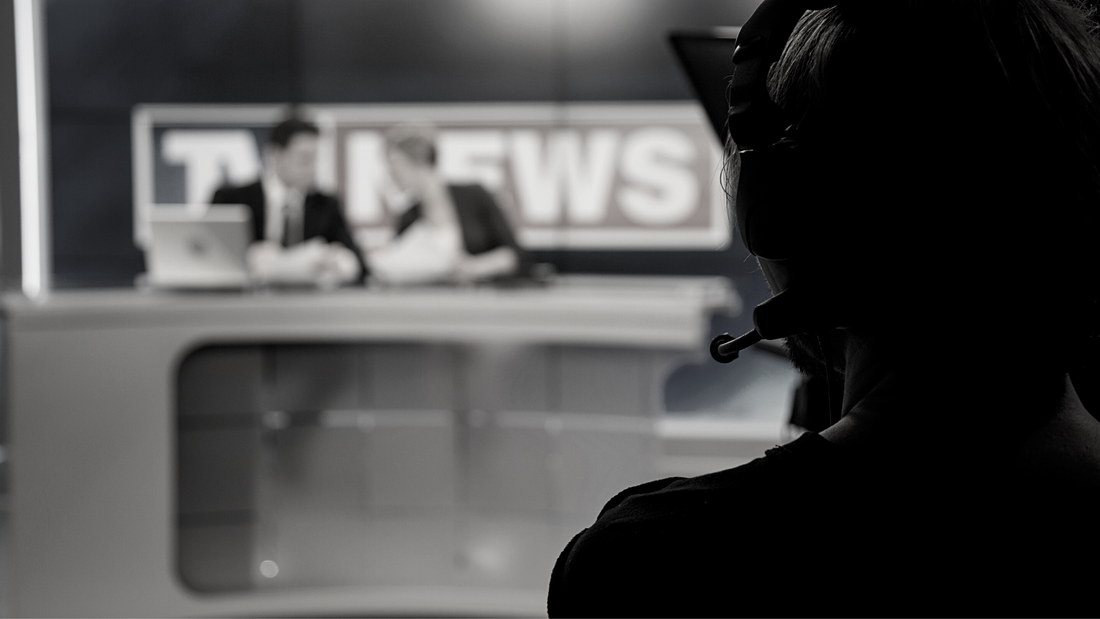|
How wrong does a journalist have to be in her reporting to be held liable for a false statement about a public figure?
The baseline for libel of a public figure traces back to the 1964 New York Times v. Sullivan opinion, in which the U.S. Supreme Court held that a city public safety commissioner could not win a liable suit against a newspaper over minor misstatements in an ad. That case set a lasting precedent that in order to prevail a public figure must prove actual “malice” – a statement made knowing that it is false or with reckless disregard to its truth or falsity – to win a libel case. The limits of protected speech and the definition of a public figure were expanded when Hustler publisher Larry Flynt was sued by The Rev. Jerry Falwell after producing a fictional and pornographic “interview” with him in the 1980s. The Court ruled against Falwell, holding that the prominent minister was a public figure for First Amendment purposes. Recent years, however, have seen fine-tuning in the direction of the plaintiffs. In 2017, Rolling Stone magazine agreed to pay $1.65 million to the University of Virginia chapter of a fraternity after falsely portraying its members as brutal gang rapists. The magazine capitulated because the reporter in this case was demonstrated to have practiced a degree of carelessness that could easily be judged as “malice.” An ongoing, high-profile case will once again demonstrate the courts’ application of the “malice” standard and the rights of public figures in a libel suit. A federal court will allow former Rep. Devin Nunes to proceed on one claim made by MSNBC commentator Rachel Maddow on her eponymous TV show in 2021. Maddow’s statements concerned a mysterious package delivered to the House Permanent Select Committee on Intelligence more than a year before. Addressed to Nunes, the package had come from a Ukrainian politician believed to be close to the Putin government. Nunes’ staff delivered the package unopened to the FBI, while Rep. Nunes sent a letter to the attorney general notifying him of the receipt of the package. In July 2020, Rep. Sean Maloney publicly asked Rep. Nunes if he had ever received materials from this individual, Andriy Derkach, suspected by U.S. intelligence of operating on behalf of the Kremlin. And if so, would Nunes share what he had received with the committee? Nunes declined to answer. On her show, Maddow said that the mailer “is singled out by name by the Director of National Intelligence as someone under Vladimir Putin’s direct purview who helped run this organization targeting our election last year. Congressman Nunes accepted a package from him. What was in it?” Maddow’s next made more problematic statements: “Congressman Nunes has refused to answer questions about what he received from Andriy Derkach. He has refused to show the contents of the package to other members of the intelligence community. He has refused to hand it over to the FBI which is what you should do if you get something from somebody who is sanctioned by the U.S. as a Russian agent.” The U.S. District Court for the Southern District of New York refused to allow Rep. Nunes to sue over the statements that he had refused to answer questions, or that he had refused show the contents of the package to other members of the intelligence community. These statements are true (or true enough), the federal court reasoned, because to the average viewer the “intelligence community” would certainly cover the House intelligence oversight committee. Where Maddow and her employer are at risk is the statement that Nunes refused to hand the package over to the FBI. The court found this statement “does not fall within the fair report privilege” because “it is not substantially true.” Thus, the court dismissed all of Nunes’ claims except this one. Will Maddow’s false statement amount to “malice” in the eyes of the court? Would a loss by her lead to more careful reporting, or would it have a chilling effect on journalism? Once Maddow’s statement is litigated, the outcome will sharpen our understanding of how courts today judge a factual error, how they continue to apply libel law to public figures, and the implications of these judgments for the First Amendment. This is a case to watch. Comments are closed.
|
Archives
June 2024
Categories
All
|
ABOUT |
ISSUES |
TAKE ACTION |



 RSS Feed
RSS Feed